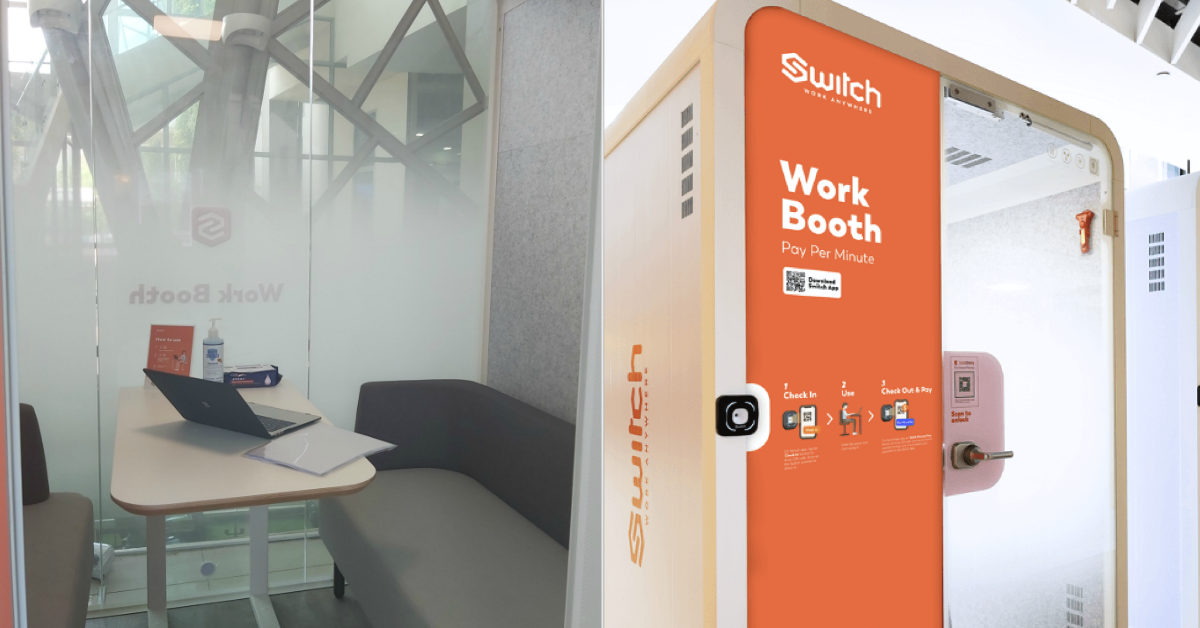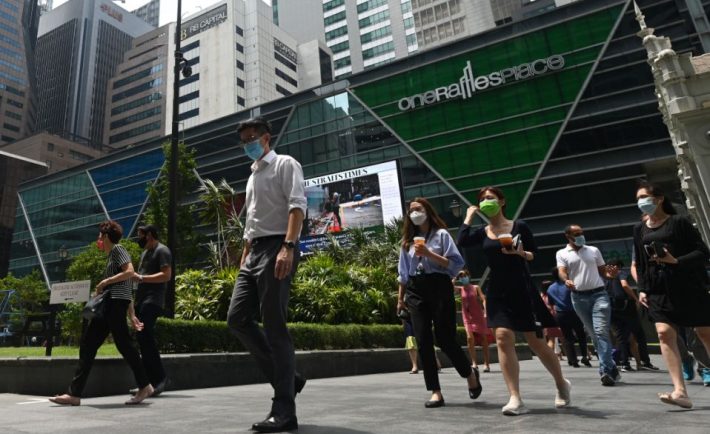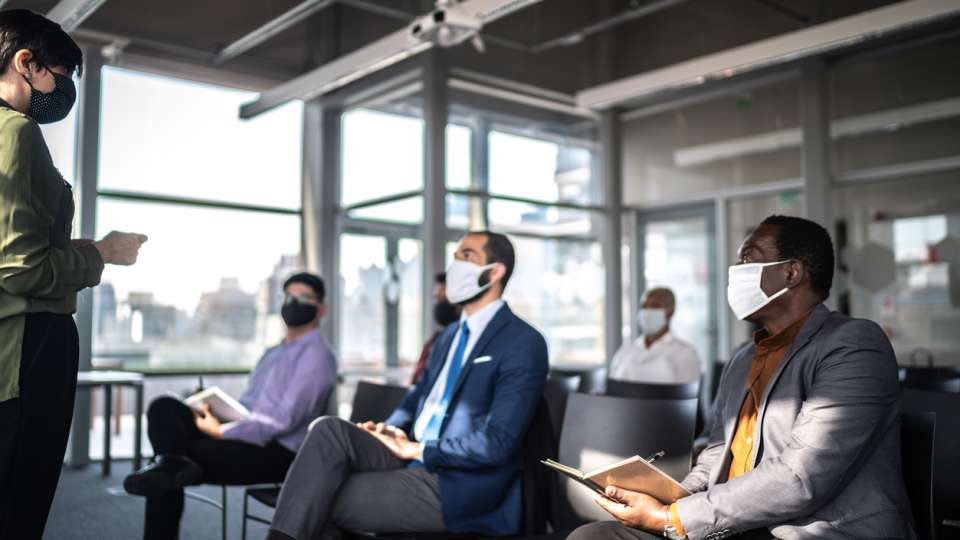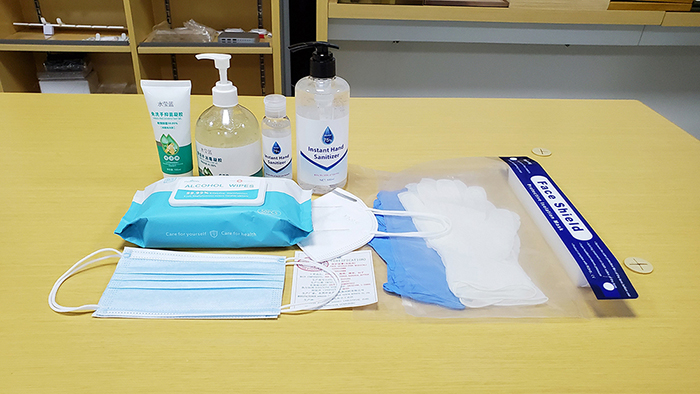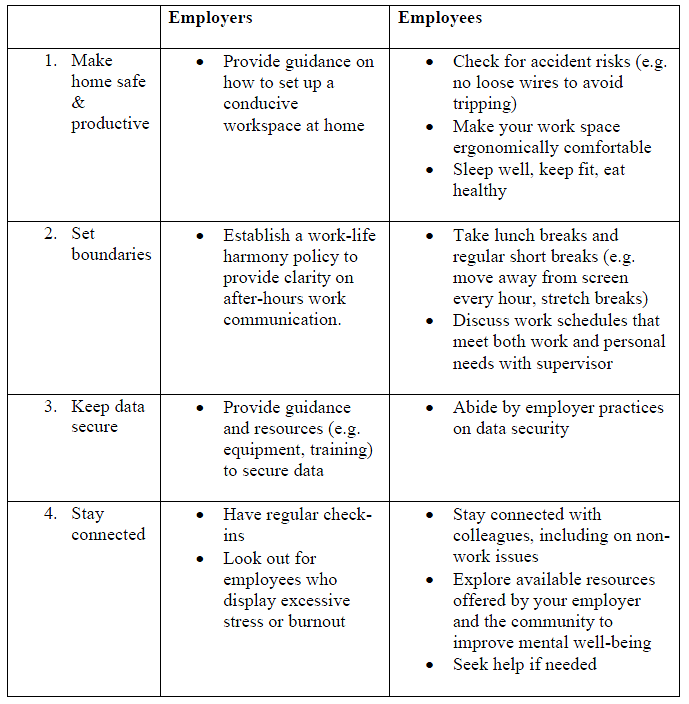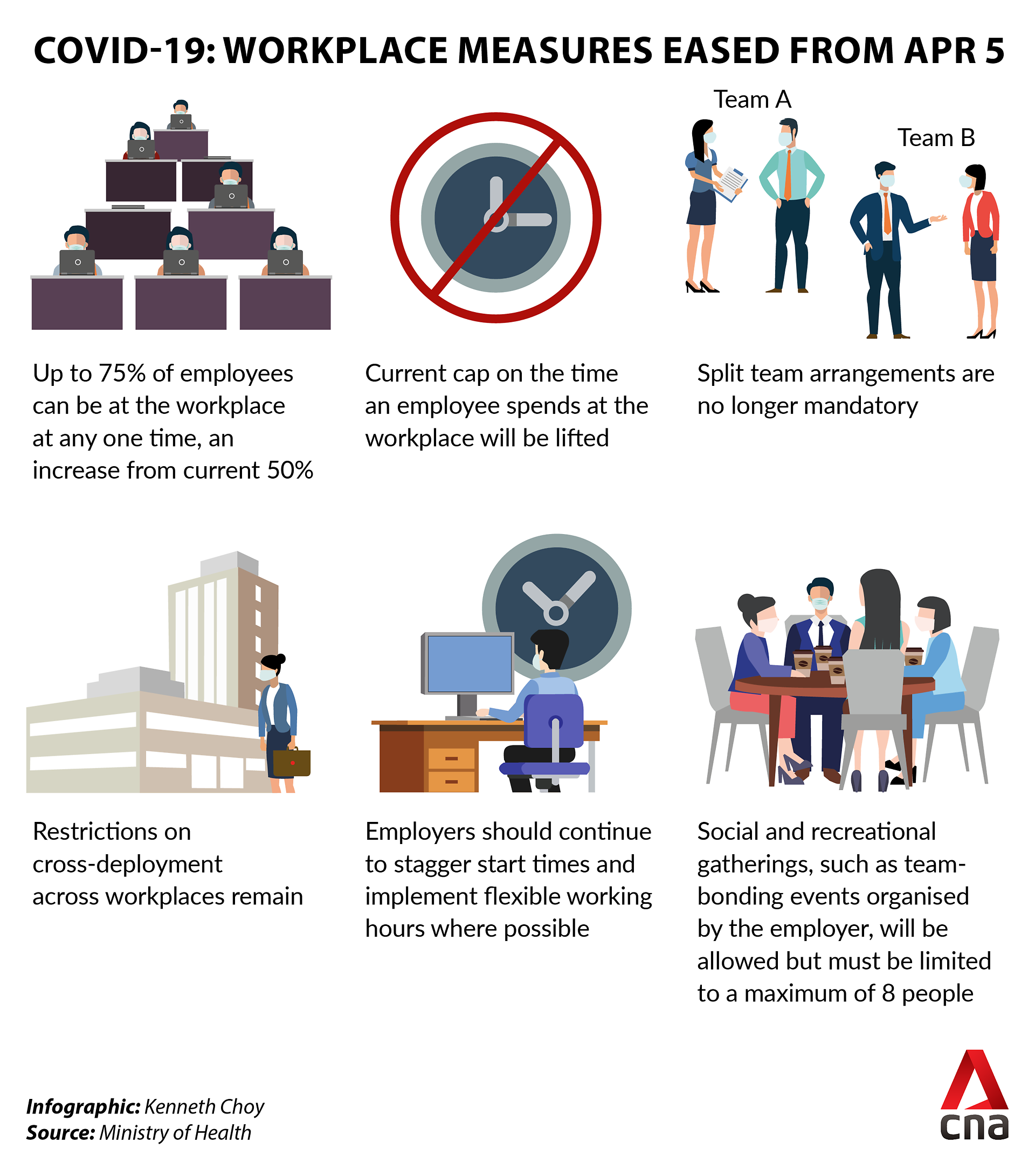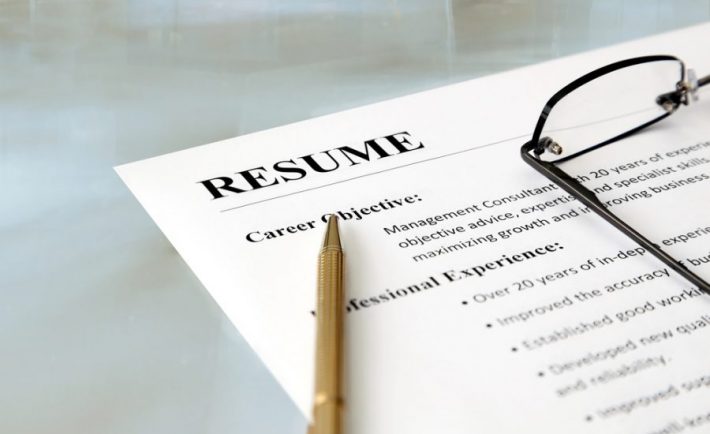It’s midweek, and you’re dying for the weekend to come.
Most of us who clock a 9 to 5 job often face such situations, so you’re definitely not the only one entertaining such thoughts. But it’s also due to such a mindset that we constantly find ourselves loitering out of the productivity zone.
This can be a massive problem if you have a work schedule to complete but can’t seem to get your head in the game. We’re here to the rescue! Or at least allow us to share with you some ways you can fine-tune to get your productivity engine moving.
#1: Clear your mind
One of the most persistent distractions we face is our mind.
Whether it’s piling bills, housework, relationship woes, or even just random racing thoughts, our mind can be an obstacle to our productivity.
As such, it’s time to take control! Clearing your mind can be as simple as jotting down your thoughts, taking a 10-minute walk around the park, or simply meditating before starting your day. For those who can’t seem to practise mindfulness at home, check out these meditation centres in Singapore to help you get started.
#2: Make changes to your environment
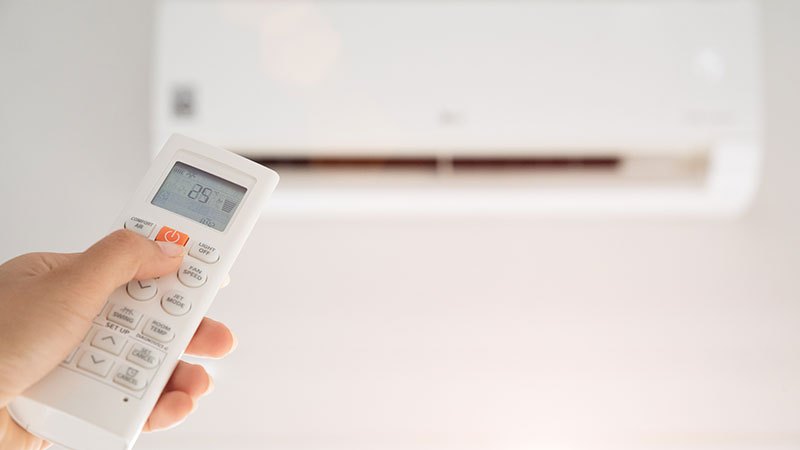
Image Credits: cielowigle.com
Temperature, lighting, and surrounding noise are environmental factors that affect our productivity.
It isn’t easy to focus on work if you are not physically comfortable. That’s why making changes to your environment can ease you into the productivity zone faster.
We’re sure deskbound people would agree that it somehow affects your typing speed when the office is freezing cold. Since many are still working from home from time to time and don’t have to fight over the air-conditioner’s remote, ensure you’re at ease.
Also, we hope your workspace is already well-lit and uncluttered.
#3: Create a work playlist
While we can control temperatures, we can’t always control background noise.
When working in the office, we may have talkative colleagues, noisy pantries, or other sound sources that we can do nothing to silence. While at home, there is a whole different noise level, from inconsiderate neighbours to chattering kids.
There are benefits to listening to music while working, so slip in your earbuds. Some of us are used to upbeat tempos to get ourselves fired up, while some may focus better on instrumental music. Whatever it is, find the tunes that rock your boat and make that your personalised work playlist.
#4: Keep unnecessary interruptions at bay

Image Credits: unsplash.com
Even when we have our environment optimised and our favourite tunes playing, our focus and productivity can be swiftly destroyed by interruptions.
Do you know that according to a study at the University of California Irvine, it is revealed that a person takes about 22 minutes to return to their original task after an interruption?
We can’t eliminate all distractions, but we can take proactive steps to manage the probability of being interrupted. For example, peeps who suffer from nomophobia can set their phones to “silent mode”. Or better still, place those distractive devices in a drawer to practise “out of sight, out of mind”.
You know yourself better than anyone else, so anticipate your needs and meet them before they start creeping into your productivity zone. Yes, go ahead and get that cup of warm water or coffee and use the washroom before settling in.
Little routines like that can help you sink into your work cycle faster.
#5: Practise a pre-work ritual
Rituals can act as a powerful tool to boost performance.
Setting a consistent routine of words, thoughts, or actions before getting to work can help us clear our heads and focus better on the task at hand.
The best thing about rituals is that they do not have to be complicated. For example, watering your desk plant at 8.30am, making coffee at 8.45am, or turning on your laptop at 8.55am can become daily rituals to help you buckle in and get into the work zone.
#6: Give yourself specific deadlines
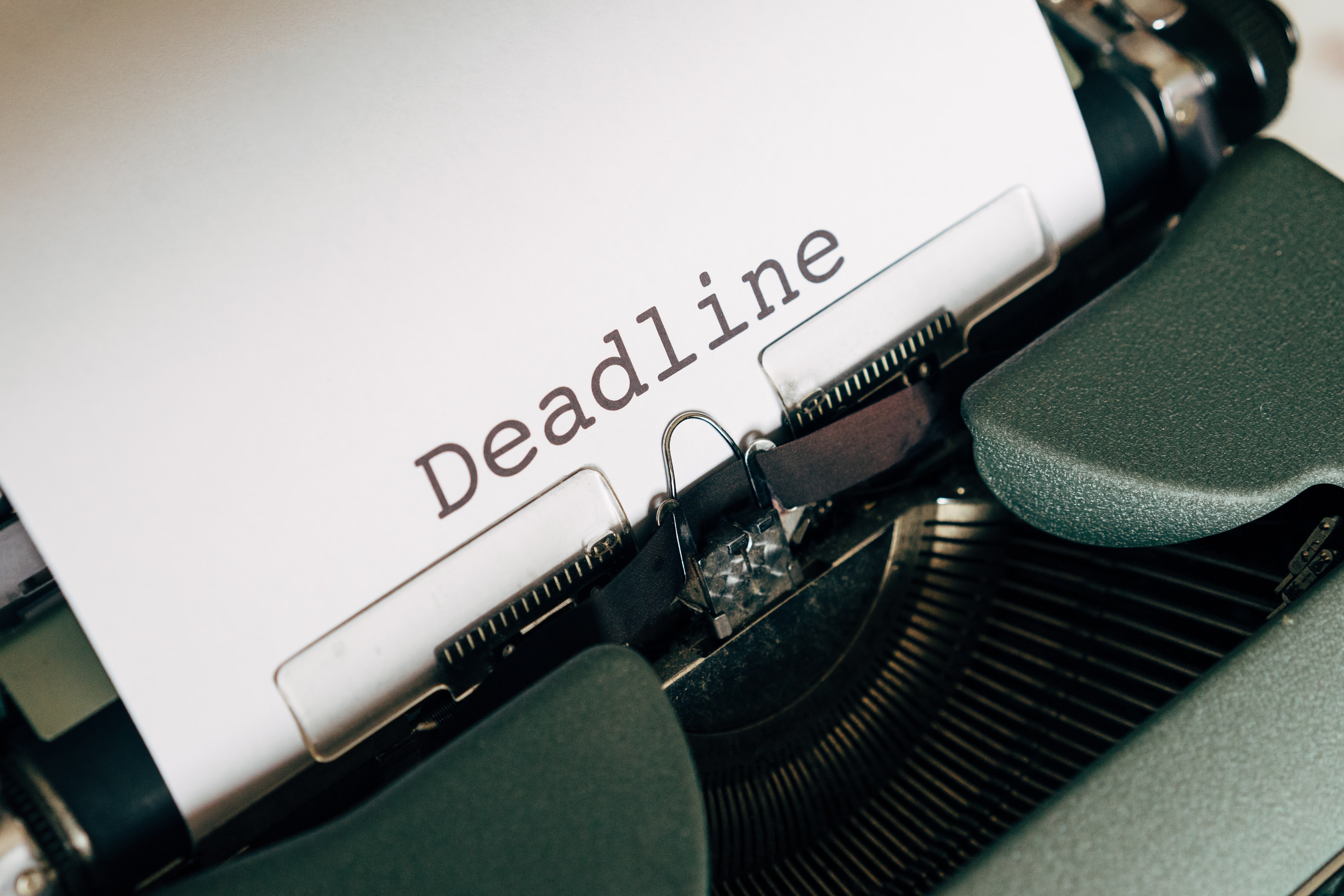
Image Credits: unsplash.com
Deadlines may not resonate very well among people since only a few enjoy having a fixed period to work on a project.
Regardless, they are still an effective way to curb procrastination and enhance your productivity. Setting a deadline such as “update the project board before the next meeting” may be too generic a goal.
A more concrete deadline would be, “Update the project board on 15 April, by 3pm”. The deadline has a specific date and time, so you can schedule right into Asana or your Google calendar. For more significant assignments, it would be best to break them down into smaller tasks so you can still practise setting deadlines.
#7: Find the right balance
The ideal task would leave you feeling engaged but not bored or overburdened.
Mihaly Csikszentmihalyi, a psychology and management professor at Claremont Graduate University, shares that you will start feeling the proper flow when there is a good balance between your skills and the challenge presented.
Your work should be neither too easy nor too hard, but it must be challenging enough to generate engagement. Realistically, this kind of work may not always be available. Thus, when work becomes too demanding, ask for guidance or attend a course to improve your current skillsets.
#8: Tap onto social facilitation

Image Credits: BBC
As we come to a close, know that sometimes it’s good to have someone you can account to.
Call it an accountability buddy if you would like. This person should ideally be someone you can get along with and assist you to keep your pace at work. It’s very similar to a workout buddy, encouraging you to push on when you feel the temptation to slack off to do something else.
A mutual partnership like this can aid both you and your buddy to stay in the productivity zone when the time calls for it.







